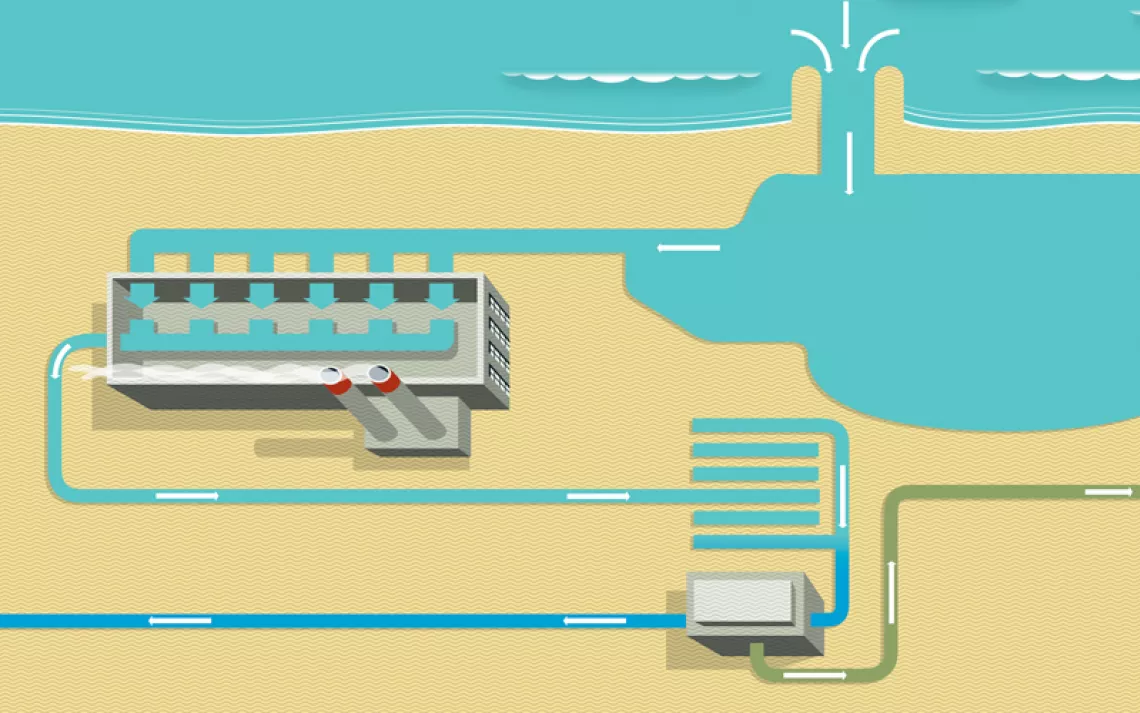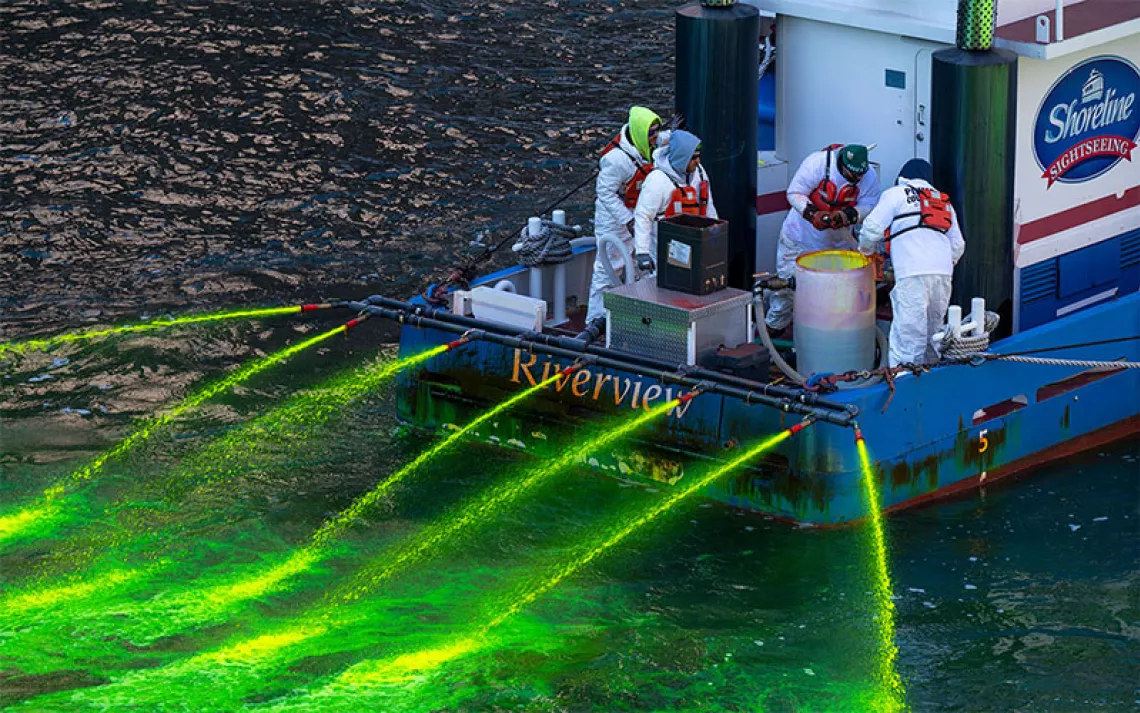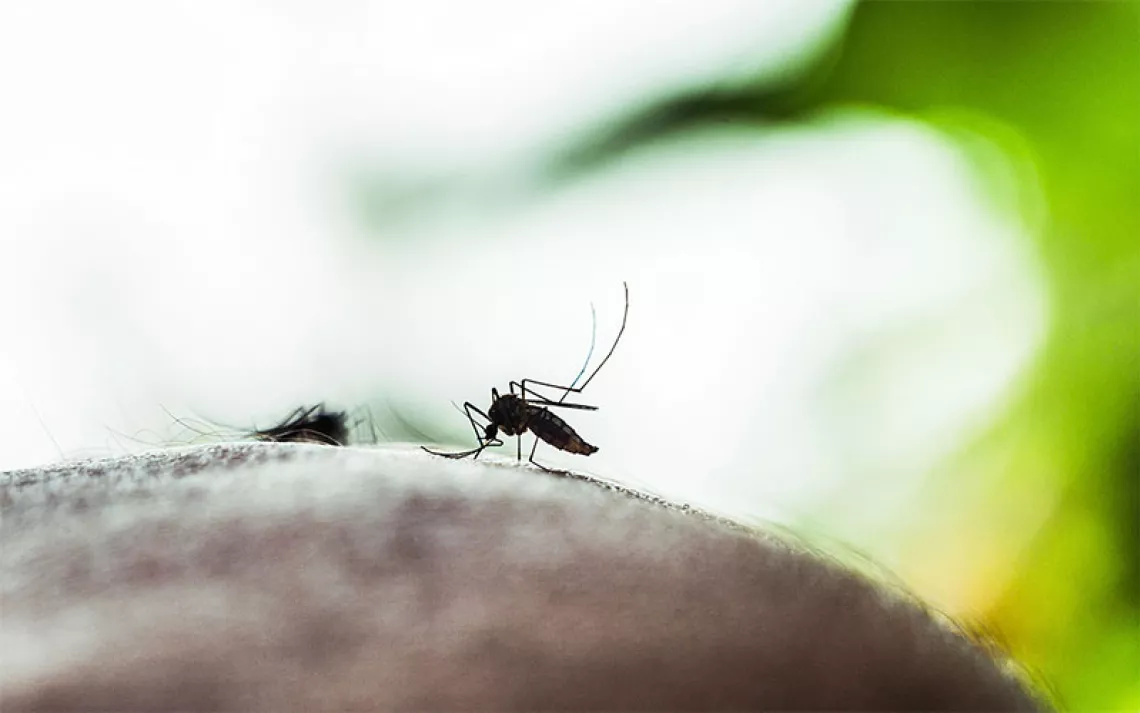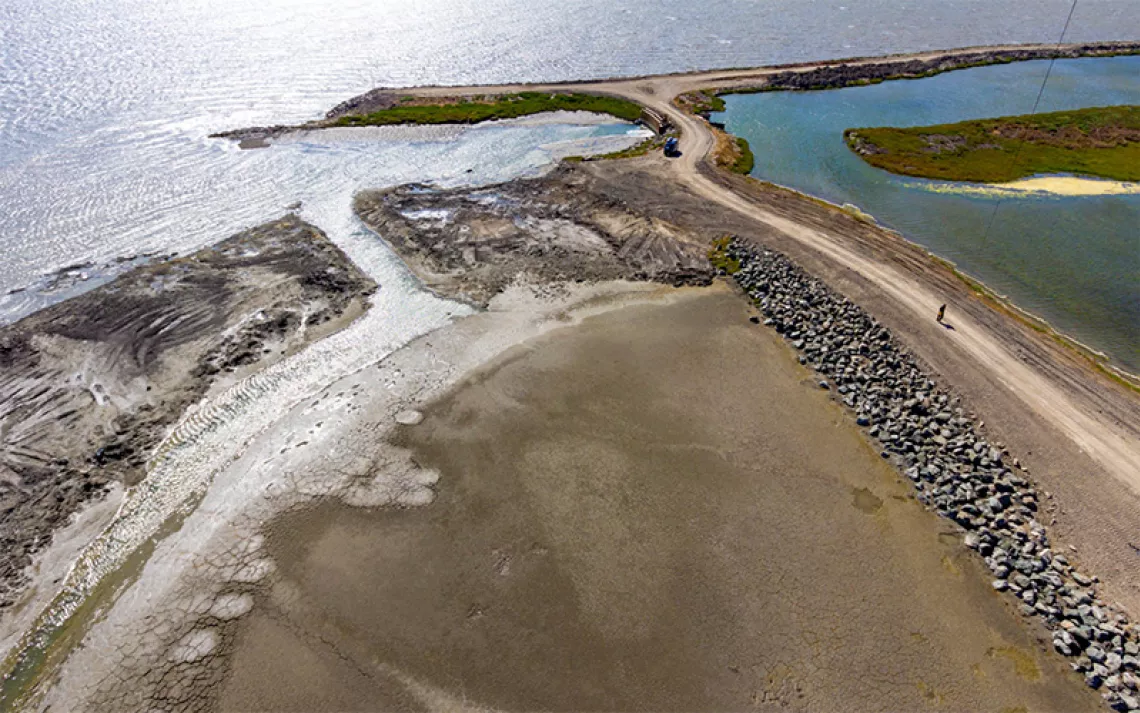Tips From a Texas DA on Fighting Pollution Locally
A law is a law is a law
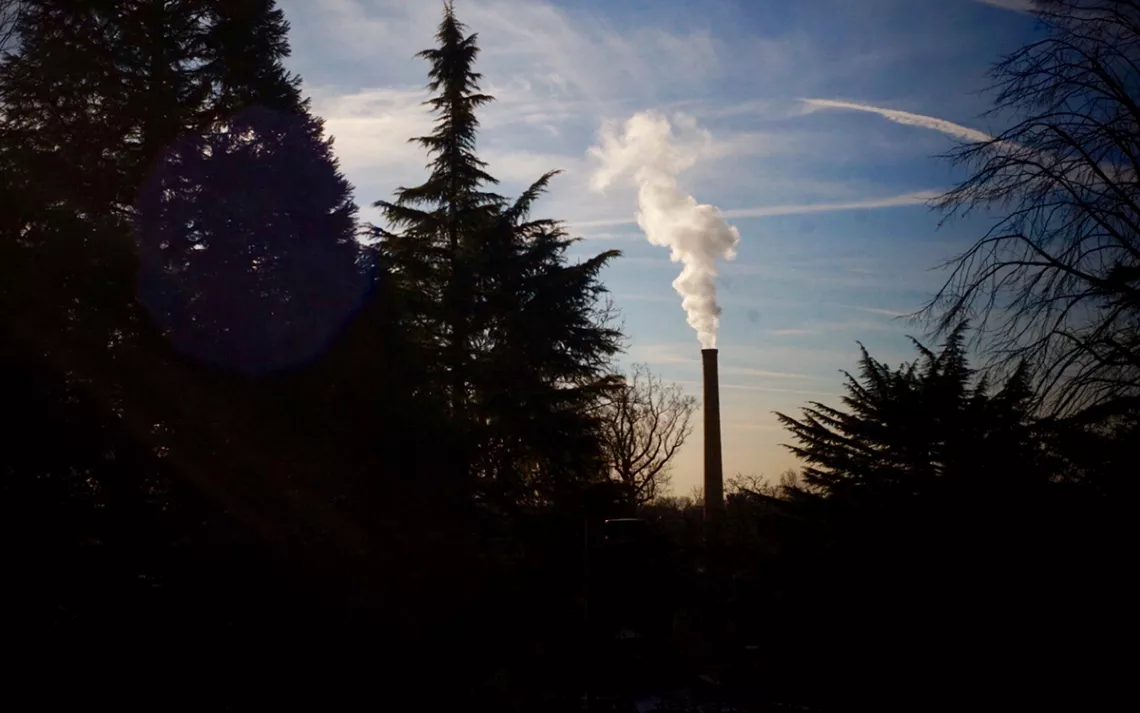
Photo by EelPhoto | iStock
The first step in fighting pollution is realizing that polluting might actually be illegal, says Roger Haseman, former assistant DA for Harris County, Texas: “I’ve known police that saw a company discharge into a storm drain and thought, "That must be legal.”
In one case, Haseman remembers seeing water samples that had been collected as part of a complaint about a local parking garage. He’d seen garages being power-washed at night and never once thought about what was in that water or where it might be going. The samples were filled with oil, cadmium, and other hazardous material from brake linings; the water, it turned out, had been just draining out the back to seep into the groundwater. “With every case," he says, "I learned so much.” (Today, most garages have catch basins that need to be pumped out, with the contents transported to a waste treatment facility.)
Polluting companies like to tout their leak-detection systems, but plenty of leaks around the country are still reported the old-fashioned way—by someone calling every local authority they can think of to tell them that the air smells horrible.
In some parts of the country, data about air and water quality can be in short supply, so residents have to do their own detective work, sometimes in conjunction with scientists. Advances in monitoring air and water quality have made this easier and less expensive, although the cost and difficulty of verifying the science means that such results are better at getting attention providing definitive answers. The news that trailers distributed to survivors of Hurricane Katrina had dangerously high levels of formaldehyde, for example, was spurred by grassroots testing, as was the Flint water crisis.
The EPA recommends contacting state or local authorities only when dealing with small-potatoes pollution, like reporting tires dumped by the side of the road or someone painting a car in a residential garage. But at least in Texas, says John Ockels, who runs the Texas Illegal Dumping Resource Center, city inspectors and police who are committed to cracking down on environmental crime can get the job done themselves. “I have been astonished at local government's willingness to respond once they realize there is something they can do,” says Ockels, who has trained local law enforcement in how to use state and local regulations like the Texas Water Code to prosecute and ticket polluters. “The Permian Basin is kind of the wild west,” he says. “It’s full of small companies trying to do an end run around the law.”
In order to successfully prosecute a pollution case, says Haseman, you need a DA who will file and stand by a case and a judge who will agree to hear it. Since these are elected positions, they are theoretically susceptible to grassroots political pressure. (If not, you can run your own candidates.) It’s also useful to have the state on your side, if you want to file criminal (rather than civil) charges. Unfortunately, Texas state agencies like the Texas Railroad Commission and the Texas Commission on Environmental Quality have a record of making it harder for local communities to push back against polluters.
Haseman misses the good old days, when Harris County brought criminal cases against executives, not just the corporations. “A criminal conviction on an executive’s permanent record can cause problems if the company is publicly traded,” Haseman says. “So a conviction can be more important than paying a fine. Companies will pay money all day long not to send anyone to prison.”
Successful prosecutions of companies at the local level, though, often means that those companies will use their influence at the state level to try and outmaneuver municipalities. In 2003, companies that were fed up with being told to clean up their act by local municipalities persuaded the state legislature to add section 7.203 to the Texas Water Code. Now local attempts to bring criminal charges against permit-holders need permission from the Texas Commission on Environmental Quality before going forward.
Ockels’s environmental education work was inspired by a love for the Texas landscape (“I love the whole place," he says) and by religion: “I think the Lord wants us to keep the place clean.” While many police and code enforcement officers also care deeply about the environment, he cautions, they don’t necessarily need to be motivated by the same ideals to get excited about cracking down on polluters. “When I first started talking about air and water, no one cared," he says. "What they did respond to were the crimes—a law is a law is a law.”
More advice:
 The Magazine of The Sierra Club
The Magazine of The Sierra Club
